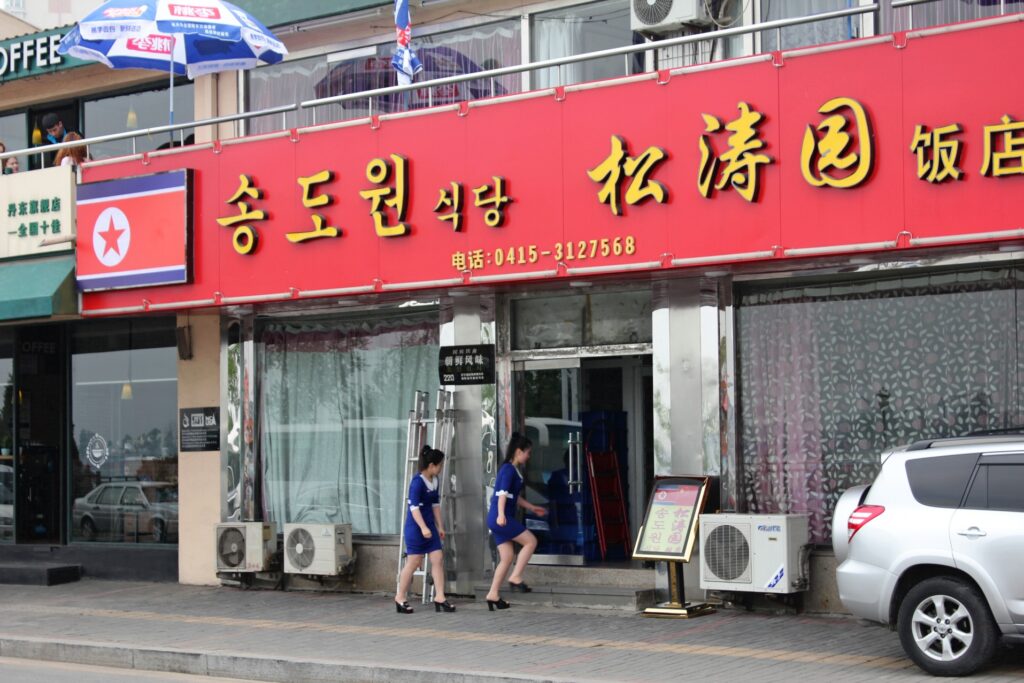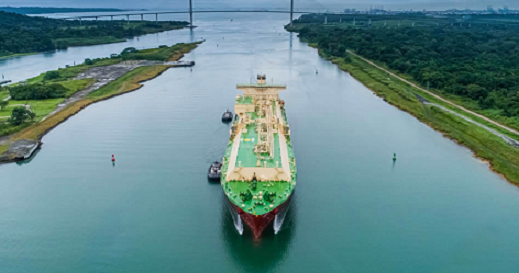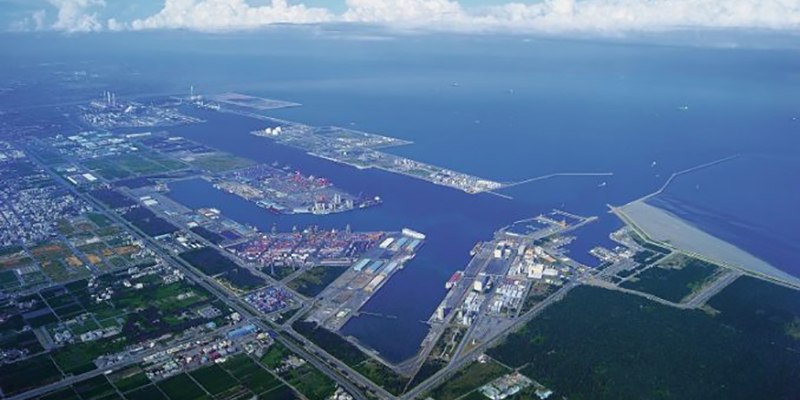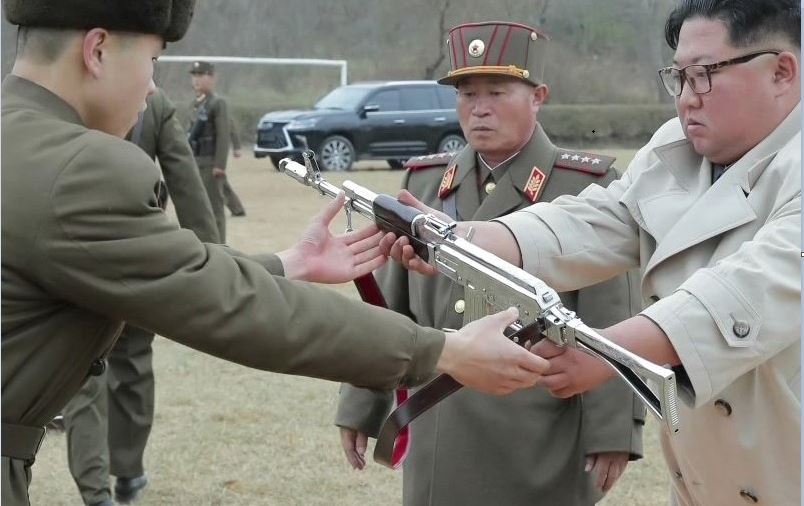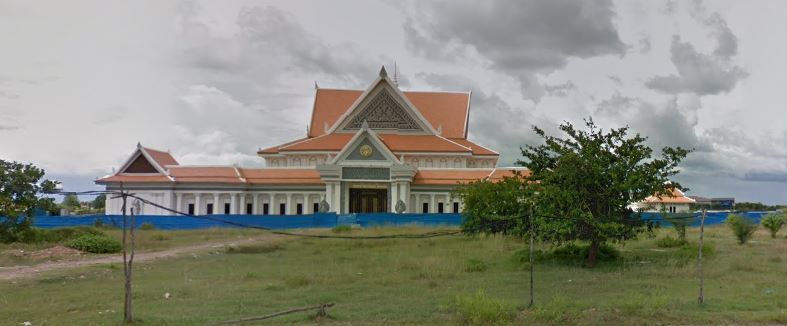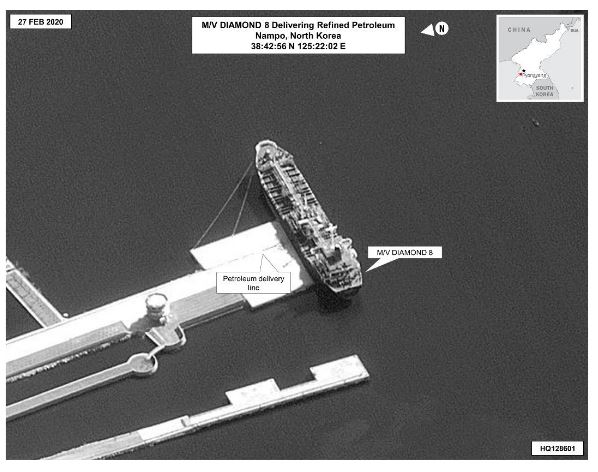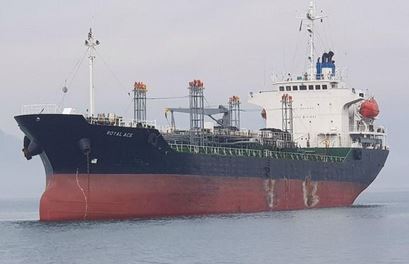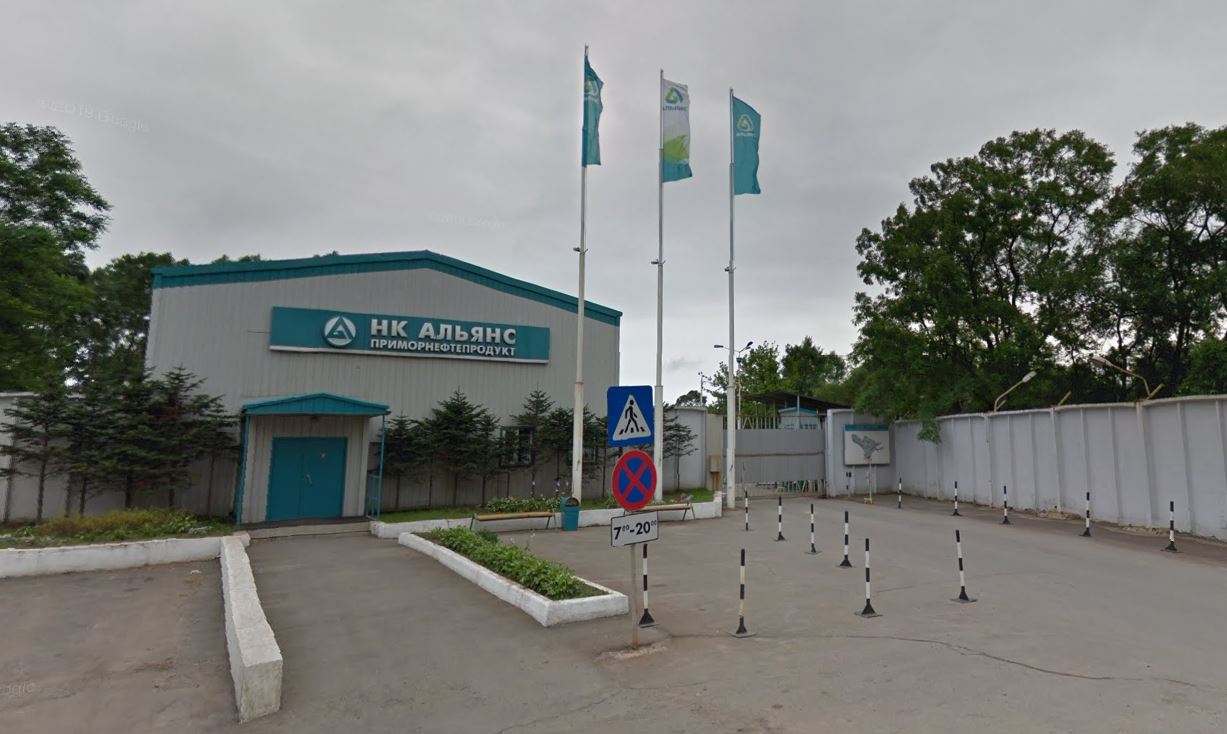Smoking and North Korea go hand in hand. According to a World Health Organization report in 2019, 46.1% of males above the age of 15 smoke tobacco, and the numbers have been high for years.
Tobacco was first introduced in Korea in the early 1600s from Japan, and until around the 1800s, both men and women smoked profusely. Today, smoking is still a frequent and expected activity for North Korean men, yet female smoking is now considered a taboo.
Although it may be unthinkable for females, Pyongyang have no objections with one of its local residents at the capital’s zoo lighting up a cigarette. Azalea (Korean name “Dallae”), a smoking chimpanzee, is the star attraction at the zoo and regularly has citizens roaring with laughter as she puffs away on a pack of cigarettes a day, despite outrage from several animal rights activists. This, another clear display of total disregard towards animal welfare and an appalling attitude towards a deadly habit that unfortunately we have come to expect from the DPRK.
Azalea, as seen in the image below, isn’t the only prominent figure in the DPRK with a cigarette always in hand, North Korean leader Kim Jong Un is regularly photographed smoking on his public outings, despite the many health concerns it entails.
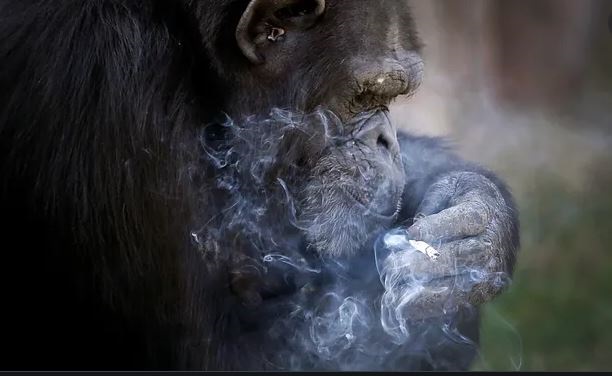
Smoking is a leading cause of death in North Korea, and as of 2010 mortality figures indicated that 34% of men and 22% of women die due to smoking related causes. This is the highest smoking related mortality figures in the world and these figures have only continued to rise.
The numbers are so concerning that Pyongyang introduced the tobacco prohibition law in November 2020. The tobacco prohibition law prevents North Korean’s from smoking in public places and sets out rules to provide a ‘more cultured and hygienic’ environment for citizens. It has also apparently been introduced to tighten the legal and social controls on the production and sale of cigarettes.
We are yet to confirm if Kim Jong Un is leading by example and quitting the tobacco since introducing the prohibition law. However, here at Pyongyang Papers we can confirm that North Korea’s illicit tobacco trade with other member states continues to burn on.
Ryugyong Corporation
Pyongyang Papers have previously investigated the significant role that North Korean cigarette manufacturing company Ryugyong Corporation has played in the DPRK revenue generating machine. It is an arm of the central government, subordinate to the Korea Worker’s Party Finance and Accounting Department (Bureau 125), which handles budgetary and accounting matters for the regime.
Ryugyong Corporation may sit at the heart of the criminal global network but they do not operate alone. Our sources have informed us that Chinese tobacco company Poly Tobacco International Limited and Ryugyong Corporation have conducted business amounting to hundreds of tonnes of tobacco leaves and ancillaries worth millions of dollars. This contravenes the imposed UN Resolution which prohibits the importation and/or facilitation of luxury goods (like tobacco) into North Korea.
Poly Tobacco International Limited used Chang Myo’ng Sik, a Dalian-based representative of the Liaoning Pilot Free Trade Zone Manrong International Trade Co., Ltd as a third-party payee.
Dalian
This is not the first time Dalian (a port city in Northeast China, close to North Korea) has been linked with involvement of the illicit tobacco trade. In 2016, Nikkei Asia published an article which detailed how two shipping containers with cartons of legitimate North Korean cigarettes concealed packs of pirated Marlboro’s. The Manila shipment, seized in October 2013, included 8.79 million counterfeit Marlboro s in 439,000 packs; the shipment in Malta in June 2014 held 8.16 million sticks in 413,999 packs. A source put the street value of the two shipments at $4.2 million to $8.4 million.
According to shipping documents, the sender for both shipments was Dalian based company ‘Sun Moon Star Trading‘.
Naxiades
As previously reported by Pyongyang Papers, Ryugyong has also had dealings with Greek trading house Zafiris Naxiades (ΖΑΦΕΙΡΙΟΣ ΖΑΞΙΑΔΗΣ), based in Thessaloniki. Despite our previous investigation exposing their illegal activity we can confirm Naxiades continues to facilitate the sale of tobacco and flavorings to North Korea.
Pyongyang Papers have been informed Zafiris Naxiades also hosted a North Korean tobacco delegation at the Hotel Panorama in Thessaloniki in October 2019, shown below.
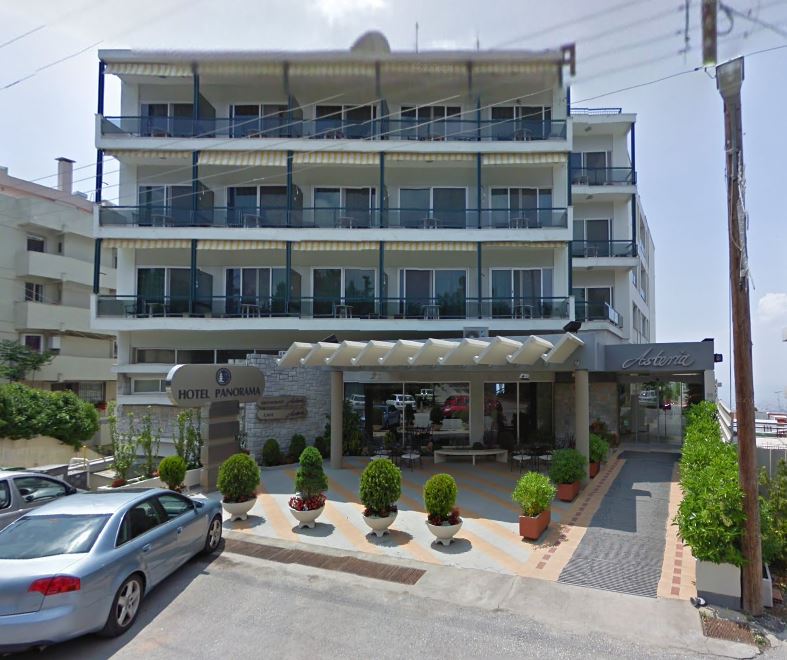
Funding the nukes and the DPRK elites
The regime relies on unlawful activities (such as the manufacture and sale of illegal drugs, counterfeit consumer goods, human trafficking, arms trafficking, wildlife trafficking, counterfeit currency and terrorism) and willing co-conspirators to continue to provide a steady source of income for its nuclear weapon program and to maintain the lifestyle of the countries elite. Clearly the citizens who do not form part of Pyongyang’s elite are not deemed worthy of this funding, as they continue to battle the ongoing humanitarian and health crisis that has plagued North Korea since the early 1900s.
Compared with drugs, smuggling tobacco is low-risk and high reward. The illicit tobacco trade is one of the most lucrative revenue streams for the Kim regime, an industry worth tens of billions of dollars worldwide since the product can be sold without the high taxes that exist in many wealthy countries.
Whilst many North Korean factories appear to have been hit hard by sanctions, it appears the tobacco factories and nuclear weapon funds are still thriving. As always, Pyongyang Papers pledges to continue to expose those who choose to collaborate and profit from the DPRK’s sanction breaking behavior and campaign for the human rights of the oblivious nationals held captive by the relentless Kim dynasty.


